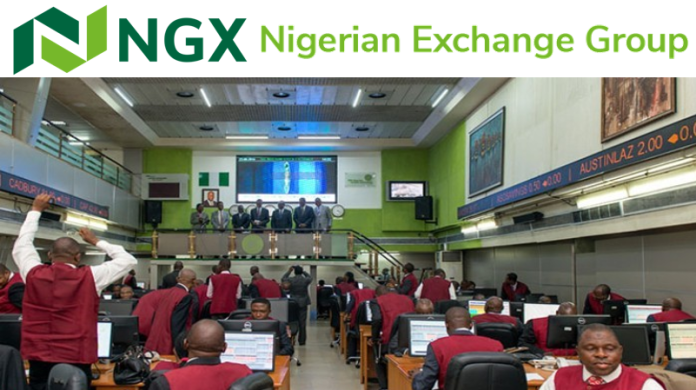The Pharmaceutical Manufacturers Group of the Manufacturers Association of Nigeria (PMG-MAN) has expressed serious concerns over the scarcity of forex, stating that it is impossible for pharmaceutical companies to cope.
The association also attributed the forex scarcity to the exit of several multinational pharmaceutical companies from the country.
Recent exits by prominent pharmaceutical multinationals, such as GlaxoSmithKline (GSK) and Sanofi Nigeria Ltd, highlight the severity of the forex crisis. GSK ended its 51-year presence in Nigeria in August 2023, while Sanofi exited in November of same year.
According to Mr. Patrick Ajah, chairman of the Local Organising Committee for NPME 2024 and Managing Director of May & Baker, a stable exchange rate is crucial for the progress of the domestic pharmaceutical industry. Ajah emphasized the challenges posed by the fluctuating value of the Naira, which has deterred investment and planning within the industry.
“Unless the value of the Naira is stabilized, achieving the country’s target of 70% local drug manufacturing will remain a mirage,” Ajah stated. “The recent fluctuations in the value of the Naira have made it difficult for companies to plan and invest. “This is one major reason why multinational companies are leaving. It’s not the fear of subsidy removal. If we didn’t tamper with the currency, all the multinational companies would be here, and they would still be making more investment.”
He pointed out that the recent fluctuations have made it nearly impossible for companies to cope, forcing many multinationals to withdraw. “Many companies are not able to cope. So, fixing our exchange rate is going to be the one single thing that will immediately reset where we are.”
Ajah highlighted the recently signed Executive Order by President Bola Tinubu, which removes tariffs and Value-Added Tax (VAT) on pharmaceutical imports.
While this order introduces zero tariffs, excise duties, and VAT on specialized machinery, equipment, and raw materials to boost local production, it has yet to take effect.
Ajah called for the government to implement additional measures, including fixing the exchange rate, to attract and retain multinational investments. Mr. Frank Muonemeh, Executive Secretary of PMG-MAN, reinforced Ajah’s sentiments, noting that local manufacturers currently produce only 40% of the medicines used in Nigeria. Muonemeh urged the government to support the local pharmaceutical industry similarly to other sectors, such as cement manufacturing and petroleum.
He cited India as a model, where government support has significantly boosted the domestic pharmaceutical sector. Muonemeh emphasized that a strong domestic pharmaceutical industry is vital for national security and economic stability.
He urged the government to adopt a strategy similar to India’s during the COVID-19 pandemic, prioritizing the domestic industry to ensure medicine security. “Nigeria can achieve the goal of producing 70% of its medicines with the right government support,” Muonemeh asserted. He added that increased exports from the domestic pharmaceutical industry would also help alleviate the country’s foreign exchange challenges.


